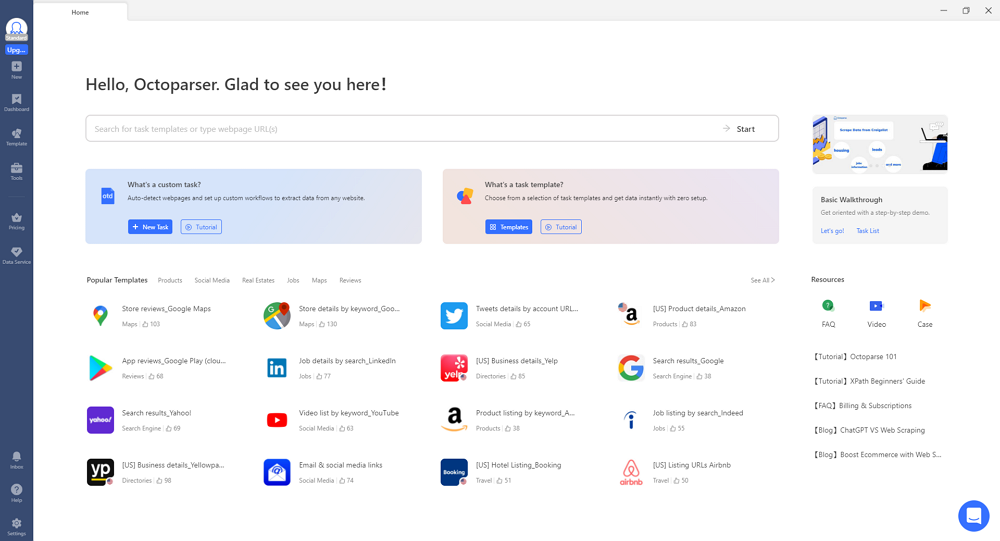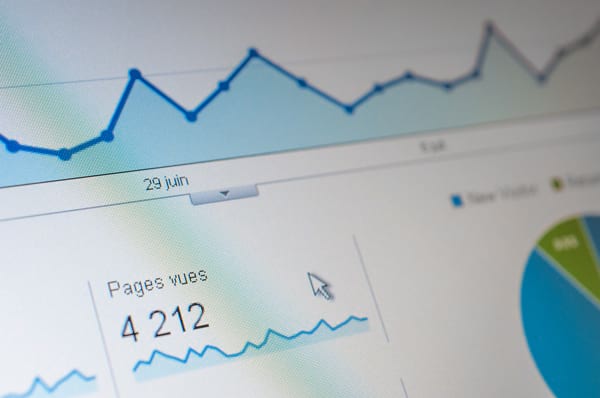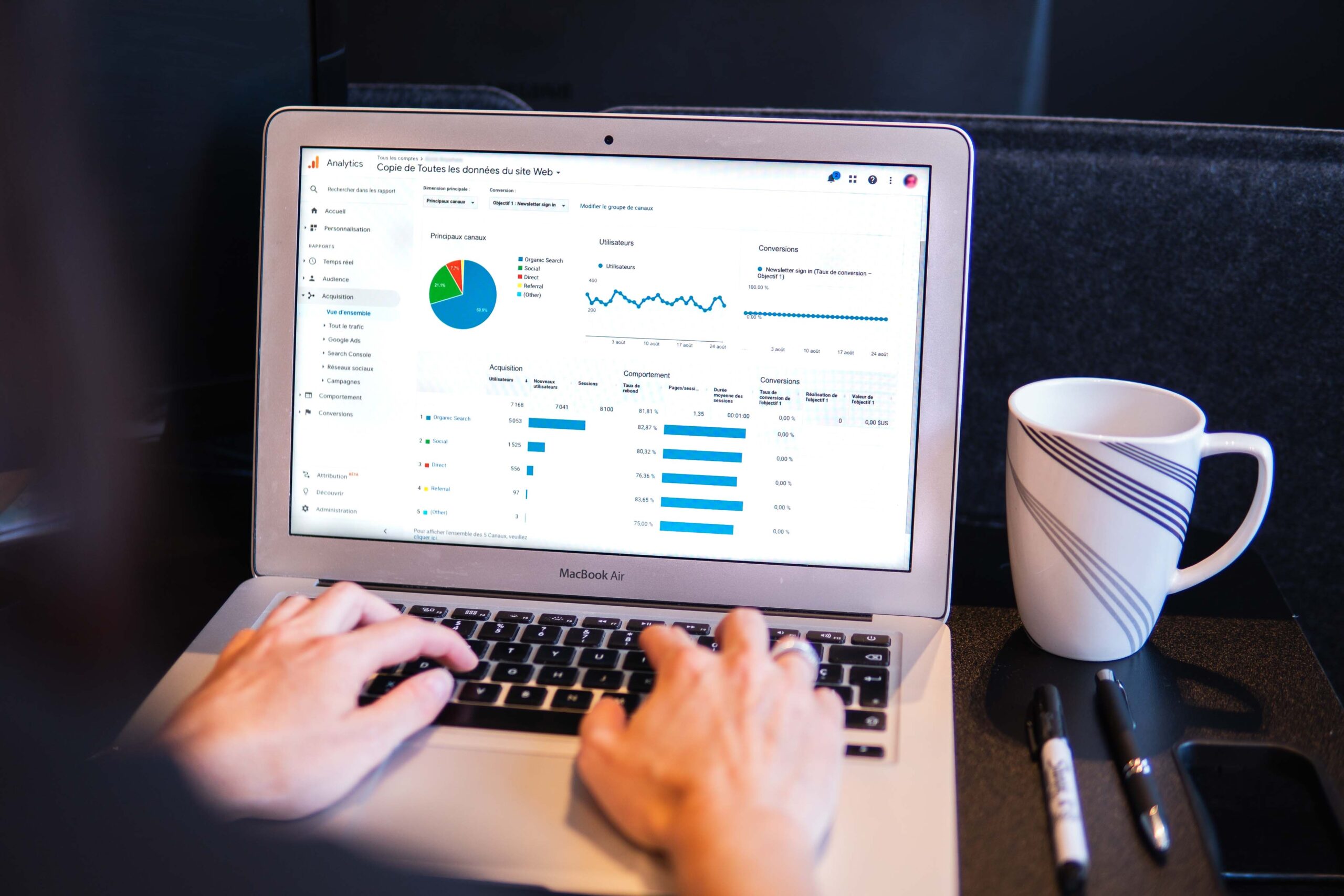Long-term success in the intensely competitive business environment of today depends on remaining one step ahead of the competition. Competitive intelligence is a potent instrument that can provide you with a strategic advantage. You may make wise judgments, spot industry trends, and create successful company plans by obtaining and examining data on your rivals. And web scraping is the preferred method for gathering this crucial data.
What is competitive intelligence?
Competitive intelligence is the collection and analysis of information about your rivals’ products, prices, marketing methods, and market position. It offers essential insights that allow you to make educated business decisions, detect market gaps, and stay one step ahead of your competitors.
How does competitive intelligence differ from market research?
While market research focuses on understanding customer needs and preferences, competitive intelligence specifically targets your competitors. It aims to gather intelligence on its strengths, weaknesses, and strategies, allowing you to gain a competitive edge.
The key benefits of competitive intelligence
Competitive intelligence provides businesses with a number of key benefits that can greatly impact their success. Let’s delve deeper into three detailed points that highlight the advantages of incorporating competitive intelligence into your business strategy.
Identifying Emerging Trends and Market Opportunities
By spotting upcoming trends and market possibilities, competitive intelligence allows organizations to remain ahead of the competition. Through monitoring the activities of rival businesses, businesses can gain insights into new products, services, and tactics that are gaining traction in the market. This data enables businesses to proactively change their services, fine-tune their marketing strategies, and capitalize on undiscovered possibilities before their competitors. A retail company, for example, may use competitive intelligence to spot increased demand for sustainable and eco-friendly items, allowing them to alter their product offers and marketing messaging to line with this emerging trend.
Making Data-Driven Decisions
Making educated judgments is critical in today’s volatile business world. Competitive intelligence offers firms the facts they need to make decisions. Organizations may make data-driven decisions rather than depending on guesswork or assumptions by collecting and evaluating data on rivals’ pricing, product features, customer feedback, and market positioning. A technology business, for example, might utilize competitive intelligence to examine its competitors’ pricing methods and establish the ideal price point for its own goods, assuring competitiveness while increasing profits.
Minimizing Risks and Anticipating Industry Shifts
Businesses that use competitive intelligence have the ability to recognize possible hazards and foresee changes in the sector. Businesses can spot early warning indications of problems like new market entrants, disruptive technology, or shifting customer preferences by actively watching their competition. With this knowledge, businesses can proactively plan and reduce risks, ensuring that they stay flexible and adaptive in the face of changing market conditions. For instance, an automaker may use competitive intelligence to predict the emergence of electric cars and make research and development investments to stay ahead in this rapidly developing market, reducing the chance of falling behind.
Optimizing Marketing Efforts and Differentiating from Competitors
Competitive intelligence plays a crucial role in optimizing marketing efforts and differentiating a business from its competitors. By analyzing competitors’ marketing strategies, messaging, and customer engagement tactics, organizations can gain valuable insights into what resonates with their target audience. This knowledge enables businesses to refine their own marketing campaigns, tailor messages to highlight their unique value propositions and differentiate themselves from their rivals. For example, a hospitality business can leverage competitive intelligence to identify gaps in the market, understand customer preferences, and craft compelling marketing campaigns that showcase its distinct offerings and attract a specific customer segment.
The difficulties in acquiring competitive intelligence
Gathering competitive intelligence is an important activity for firms looking to acquire a competitive advantage, but it is fraught with difficulties. Understanding and dealing with these issues is critical for effective deployment. Let’s go through four specific topics that illustrate the major challenges related to acquiring competitive intelligence.
Time and Resource Intensity
One of the primary challenges of gathering competitive intelligence is the significant investment of time and resources it demands. Conducting manual research, monitoring multiple sources, and analyzing vast amounts of data can be time-consuming and labor-intensive. Collecting and organizing information from various channels, such as websites, industry reports, social media, and news outlets, requires dedicated effort and skilled personnel. Additionally, the dynamic nature of business environments means that continuous monitoring and updating of intelligence are necessary, further straining resources.
Information Overload and Data Analysis
The abundance of data available in the digital age can quickly lead to information overload. Sorting through massive amounts of data to identify relevant and actionable insights can be daunting. Without proper data analysis techniques and tools, businesses may struggle to extract valuable information and make informed decisions. Analyzing competitor strategies, market trends, and customer behavior necessitates employing data analytics methodologies to uncover patterns, trends, and correlations. It requires skilled analysts and the utilization of advanced analytics software and techniques.
Ensuring Data Accuracy and Quality
Another difficulty is guaranteeing the accuracy and quality of the data collected. To give credible insights, competitive intelligence strongly relies on data integrity. However, data inconsistencies, errors, and biases might impair intelligence efficacy. The act of gathering and confirming data from numerous sources raises the possibility of inaccurate or misleading information. Businesses must develop strong data quality control procedures, evaluate data from numerous sources, and cross-reference information to assure correctness.
How Web Scraping Can Help in Developing Competitive Intelligence?
Web scraping, a technique for automatically extracting data from websites, has revolutionized the way businesses collect information for competitive intelligence. Here’s why web scraping is an invaluable tool for developing competitive intelligence:
Automation and Efficiency: Web scraping automates the data-collecting process, saving you time and effort. Instead of manually exploring websites and copying data, web scraping programs can swiftly and correctly extract vast volumes of information.
Comprehensive Data Collection: Web scraping allows you to collect a wide range of data, including product specifications, price information, user reviews, social network mentions, and more. This extensive data gathering enables a thorough picture of your competitors’ tactics and market dynamics.
Real-Time Monitoring: Using web scraping, you can keep track of your competition in real-time. You may get a competitive advantage by putting up automatic scrapers to obtain timely updates on pricing changes, product launches, marketing efforts, and other critical information.
Uncovering Hidden Insights: Web scraping helps you to find hidden insights and patterns in the data you collect. You may detect industry trends, client preferences, and gaps in your rivals’ products by evaluating scraped data, which can help you enhance your own company plan.
Scalability: Web scraping solutions are quite scalable, enabling you to simultaneously collect data from several sources. Web scraping gives you the freedom to collect data at any size, whether you’re researching the whole sector or keeping an eye on a few rivals.
Using Octoparse to Get Competitors‘ Information
Now that you are aware of the value of competitive intelligence and the function of online scraping, let’s look at how Octoparse may be used to collect pertinent competition data.
First, download and install Octoparse on your device if you haven’t already. It works with both MAC and Windows PC. Open Octoparse, create a free account, then log in to use its effective data extraction tools.
Step 1: Create a task
To begin, copy the URL of the webpage from which you want to extract data. Paste the URL into the search bar within Octoparse and click on the “Start” button to create a new task. Octoparse’s built-in browser will load the page within seconds.

Step 2: Auto-detect webpage data
After the website has completed loading, click the “Auto-detect webpage data” option in the Tips panel. Octoparse will scan the whole page and “guess” the data fields you’re looking for. It will highlight the recognized data on the page, making it easier to discover and choose the appropriate fields. You can also preview these data fields and remove any unneeded information at the bottom of the screen.
Octoparse’s auto-detection feature can save you a significant amount of time in selecting data fields. In addition, Octoparse offers Xpath selectors similar to those found in Python libraries. You can use Xpath selectors within Octoparse to choose data fields and obtain more accurate results, particularly when dealing with complex website structures.
Step 3: Create the workflow
Ensure that you have selected all the necessary data fields, then click on “Create workflow.” On the right-hand side of the interface, you will see a workflow that outlines each stage of the scraping process. Take a moment to review each step and ensure they are functioning correctly to avoid encountering issues or obtaining no data during the extraction. You can click on each step to preview the action and confirm its accuracy.
Step 4: Run the task
Once you have double-checked all the details, it’s time to launch the scraper! Click “Run” to initiate the extraction process, and Octoparse will take care of the rest. Simply wait for the process to complete, and then you can export the scraped data as an Excel, CSV, or JSON file according to your preference.
Conclusion
Web scraping is the key to unlocking the possibilities of competitive intelligence, which is a fundamental component of corporate success. You may obtain vital competition data, uncover hidden insights, and make data-driven decisions with web scraping.
Staying one step ahead of your competition is more critical than ever in today’s fast-changing business scene. You may obtain a competitive advantage, discover industry trends, and capture new possibilities by employing competitive intelligence tactics and using web scraping tools.
So, don’t put it off any longer—explore the world of web scraping and embrace the potential of competitive intelligence. You’ll have the data and insights you need to propel your business ahead in today’s competitive market if you use Octoparse and other web scraping technologies.




